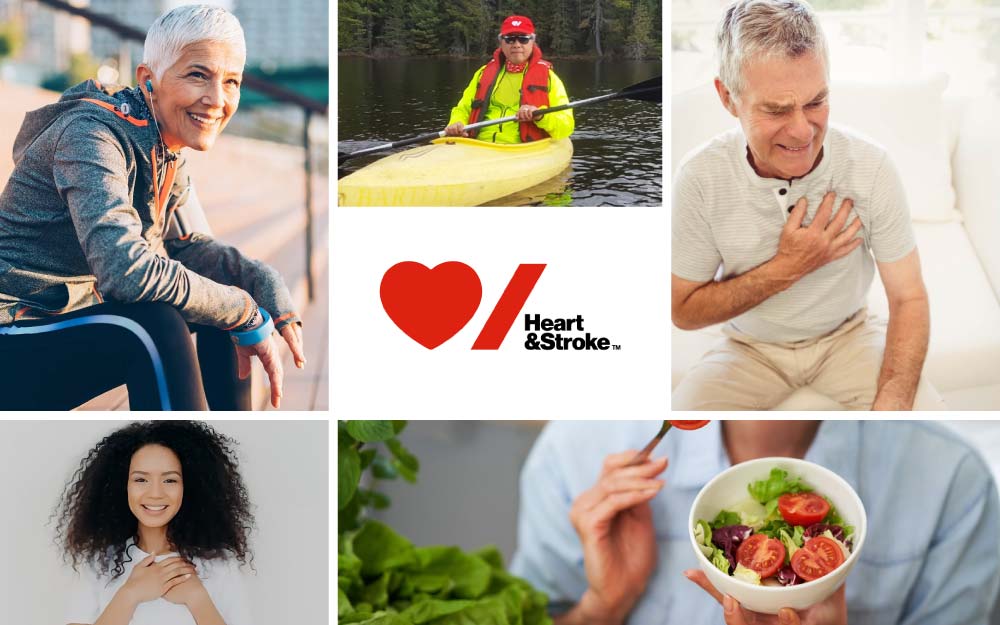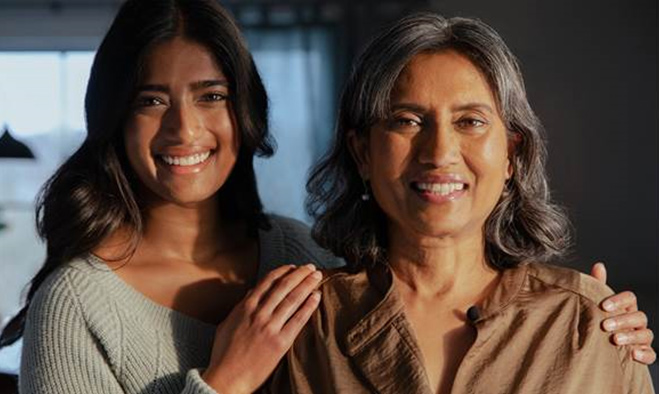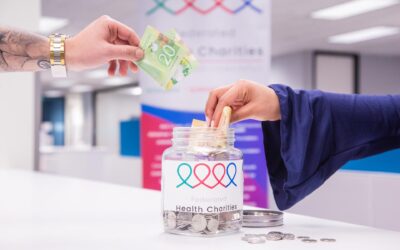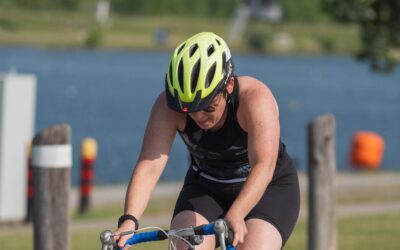What is their Mission?
Their mission is to:
- Promote and improve cardiovascular and brain health
- Save lives
- Enhance recovery
For more than 70 years, Heart & Stroke has been fighting heart disease and stroke, saving thousands of lives and improving the lives of millions of others.
Since 1952, over $1.65 billion has been invested in heart and stroke research which has led to:
- a 75% decline in deaths caused by cardiovascular disease and
- revolutionary stroke treatments that have cut deaths by 50%.

What does their Work include?
- Advance breakthrough research and medical discoveries to prevent death and disability
- Expanding the scope of research to drive new knowledge and innovation in women’s heart and brain health
- Raise awareness across Canada and encourage governments to act
- Address health inequities to improve outcomes and care accessibility for women, Indigenous people, and the Black community
- Offer best-in-class certification programs for healthcare professionals and the public
- Fund support and offer content /resources (like “Your Stroke Journey”)
What are some Recent Accomplishments?
- A pacemaker innovation led by Dr. Jacqueline Joza that could prevent heart failure
- The first ever $5 million Heart Failure Research Network grant, to fund a team of 100 researchers from across Canada working together to improve prevention, detection and management of heart failure
- Partnered with the Northern Ontario School of Medicine to fund a renewable five-year Chair in Indigenous and Rural Health Research to advance research on cardio and cerebrovascular disease in Indigenous and rural communities and collaborate with Indigenous partners to build capacity in rural health across Ontario.
- Over 8,500 instructors trained more than 360,000 people on how to provide emergency cardiovascular care and first aid.
- Provided funding to manage a range of programs, including Jump Rope for Heart and Ride for Heart and provide trusted, evidence-based health information such as the signs of stroke or heart attack and teaching children healthy habits for life.

Garima’s Story
‘They told me it was a sinus infection.’ Garima Dwivedi was having a stroke.
The stroke had impacted the part of her brain that affects language, so she began her recovery relearning how to write. She was put on blood-thinning medication, which impacted her periods. The constant bleeding meant she had to have several transfusions because her iron was so low. A low-grade headache permeated most of her days.
Nine years later, Garima is mostly back to her normal self, except for what she describes as a few little things: missing words when she’s tired and trouble remembering names in her first and third language, Hindi and French, which she did not use much during the early days and months of recovery.
Aside from the occasional struggle while talking, Garima believes that she’s doing better and feels fortunate to have recovered so far. “It could have been a lot worse,” she reflects.
An indispensable part of her recovery journey was a promise she made to herself to get involved and raise awareness of stroke to help other women.
Garima spoke at a conference mere months after her stroke and has been a part of the organization’s community advisory group. “I want women to know the signs of stroke, and I want them to be aware that it’s not just men and it’s not just when you’re older.”
“Seeing yourself in someone else’s story can make all the difference,” she says. “As women, we get so busy that sometimes we don’t have time to tell our stories. But it’s important we do.”
Research is key
It’s a fact that 2/3 of heart and stroke clinical research has been based on men. Garima wants to see that change. “If there was more research on stroke in women, maybe they would find that women present differently,” she says. “And we could help more women earlier.”
In hindsight, Garima isn’t sure anyone could have identified she was having a stroke. In the beginning, she was not showing any of the most common signs; she was able to drive, talk, and lift both arms.
But she wonders. With more research and more awareness, could her stroke have been diagnosed on Monday instead of Tuesday? Would she have been taken straight to the stroke centre instead of being transferred later?
Whatever the implications for her own story, she believes more research will make a difference in the lives of women.
Full story available here: https://www.heartandstroke.ca/articles/misdiagnosed-stroke-they-told-me-it-was-a-sinus-infection.







